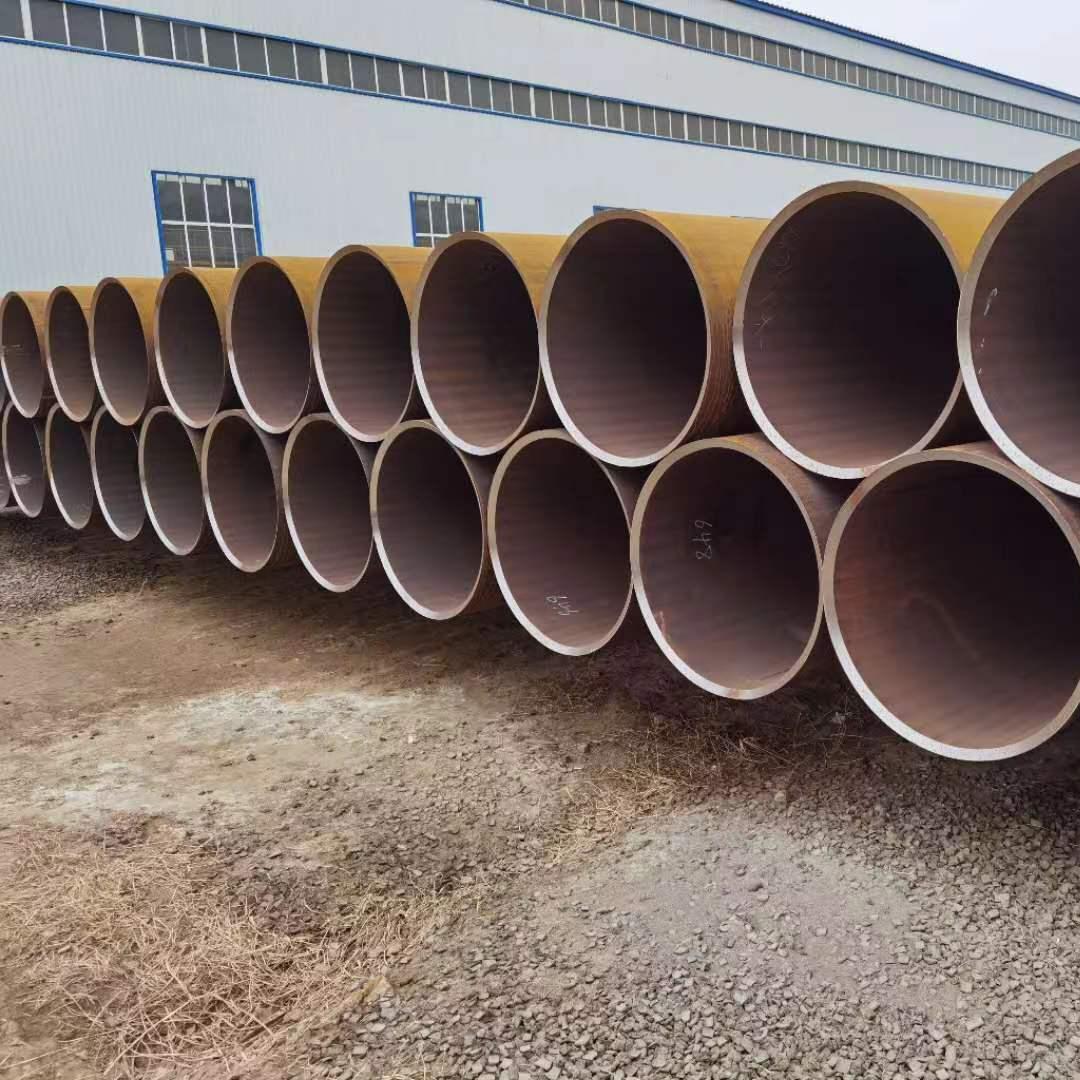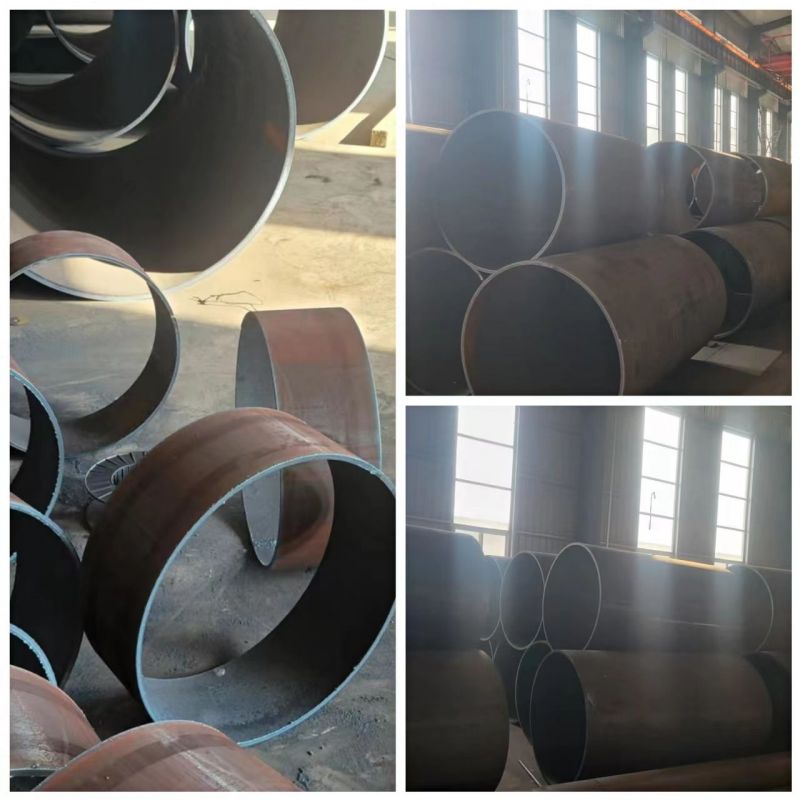Cartoonist Scott Stantis on the proposed rate hikes from Peoples Gas.(Scott Stantis/For the Chicago Tribune)
Ten years ago then-Gov. Pat Quinn — a man who ironically made his reputation as a fierce opponent of utilities — signed a law that is the primary reason roughly a quarter of Chicago households can’t afford to heat their homes each winter. Hbhuayang

Peoples Gas, which serves the city of Chicago, convinced state lawmakers and Quinn that it needed to slap a surcharge on gas bills each month to quicken the pace of updating decades-old, deteriorating underground pipes, which federal regulators identified as a safety threat not just in Chicago but throughout the country.
In theory, the idea made sense. After all, the aging pipes did need replacing. And, at the time, both Peoples and lawmakers assured the public the surcharges would be modest — a buck or two. (Spoiler alert: They’re around $17 now.)
But then Peoples, as utilities so often have done in the past, took the ball and ran with it in ways naive legislators couldn’t imagine.
Instead of a program to accelerate replacement of aging gas mains, Peoples embarked on a far more ambitious initiative essentially to replace Chicago’s entire gas system, converting it from low- to medium-pressure and doing the work neighborhood by neighborhood rather than targeting the most leak-prone pipes.
That will take at least 25 years. Peoples first estimated the program’s cost at about $1.5 billion. That mushroomed to over $2 billion, then over $4 billion and finally $8 billion. Consumer advocates have said there’s no way Peoples can complete the work, if it ever does, at less than $11 billion.
For all of this, over a decade into this boondoggle, Peoples has retired just 34% of the cast-iron and ductile pipe it set out to update. That’s by the utility’s own admission. The program has been over budget and underdelivered in terms of planned pipe retirement every year since its inception. If this were a government program, it would long ago have been dramatically overhauled or scrapped.
In the meantime, current annual gas bills for the average Chicago household well exceed $1,000. Because of high fixed charges and the infrastructure surcharge, average Chicagoans are paying well over $50 a month in the summer, when they most likely have no need of heat. Nearly a third of households are being hit with late fees; about 1 in 5 are more than 30 days late on their bills.
More than half — half — the households in Englewood on the South Side are seriously delinquent on their bills. The average amount each is behind: $878! Such an abominable record presents no financial risk to the company. Under state law, every dollar Peoples or any other utility can’t collect is covered by ratepayers.
The average residential heating bill for the five-month period from November through March hit $1,000 winter before last. Just in the winter! Lower natural gas costs and a relatively mild season kept that figure “down” to $883 last winter.
It goes without saying, hopefully, that heat isn’t a luxury in Chicago.
This situation has been a slow-moving train wreck that anyone paying attention could see coming for years now. Efforts in Springfield to kill the surcharge have gone nowhere thanks to the opposition of unions representing workers digging up the streets and laying the pipe.
Peoples shows no desire to switch gears. The company, owned by Milwaukee-based WEC Energy Group, has broken profit records for several years running. A utility that for all of its history posted yearly profits well below $100 million now tops $200 million. The Wisconsin-based parent clearly sees the “system modernization project” in Chicago as a gravy train. It’s hiked dividends to shareholders by over 7% annually for the past three years, thanks in no small part to the financial pain it’s imposing on Chicago households.
In the utility industry, perversely, more capital spending means more profit. As regulated monopolies, utilities are entitled to a return on each dollar they spend if regulators deem that investment necessary. And regulators almost always do. It’s a racket, kept under control only when the bosses of those companies realize that the steady earnings increases their shareholders prize are jeopardized when necessities like heat, electricity and water become unaffordable.
Before WEC acquired Peoples’ parent in 2015, the utility for its 173-year history always had local ownership. With CEOs based in Chicago and having to look policymakers and even fellow business leaders in the eye, they were incentivized at least to consider affordability as they ran their businesses. Not so now. Peoples’ ultimate decision-makers — mainly Executive Chairman Gale Klappa, who publicly has pledged to hike Peoples’ delivery rates annually once the surcharge law expires — are in Wisconsin and don’t face the public here or even mingle with the business elite.
So what to do? The Illinois Commerce Commission will rule later this month on a record $402 million rate hike Peoples has requested, which would take effect just as temperatures drop in earnest. The regulators easily can pare that back by lowering Peoples’ profit rate. But an increase will go through in some form.
The bigger task before the ICC is to put Peoples on notice that its massive, and massively disruptive, infrastructure program, by itself costing $300 million a year for at least the next 15 years, must be rethought entirely. Prioritize needed pipe replacement. Shelve the complete system modernization. Now is the time.
Past spending of nearly $2 billion, which outrageously hasn’t received required annual reviews by the ICC since 2016, should be scrutinized thoroughly. Reckless or needless spending should result in refunds.
The present affordability crisis is hardly the only consideration. Longer term, a complete rebuilding of the pipe system is lunacy in light of the need for decarbonization. Whether or not anyone agrees with it, Chicago’s policy is to phase out natural gas as a heating and cooking fuel over time and move to electricity. A system upgraded to last another 50 to 75 years will have to be paid for, whether it’s needed or not.
Guess who will pay? The same people who pay for all of this largesse: Chicagoans, residents and businesses alike.
Join the discussion on Twitter @chitribopinions and on Facebook.

Hbhuayang Submit a letter, of no more than 400 words, to the editor here or email letters@chicagotribune.com.